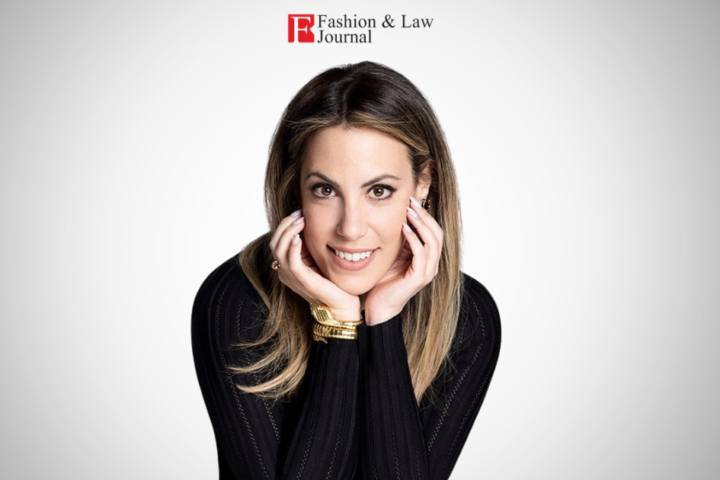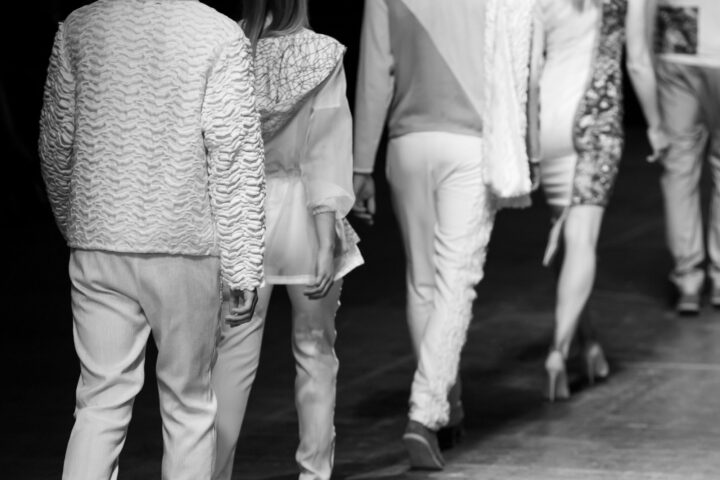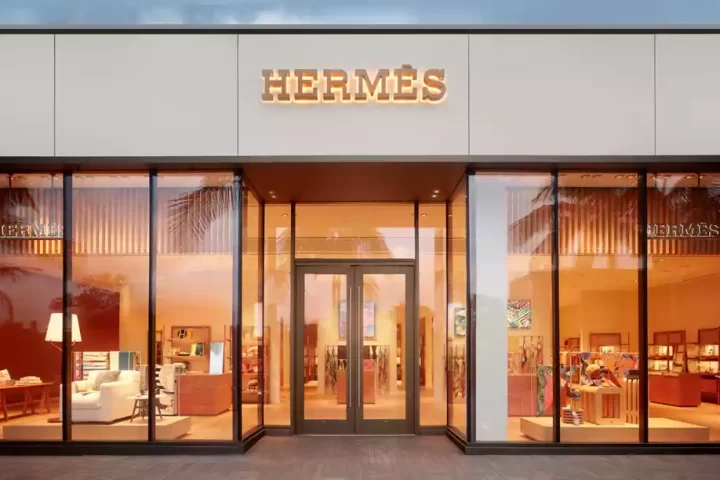Blogging is the art of expressing one’s opinion and is a revelation of character to the outer world. The culture of blogging to a fast pace with the advent of social media and the need to constantly feed consumers with information. Blogging is therefore identified by its potential to assess and forecast trends in the industry and roll out new pieces of information with eye-catching graphics which also help create a large reader base. With the advent of vlogging, which is the video-graphic representation of information, blogging has received a competitor of concern. As a result of which many bloggers have shifted to vlogging as it is a more popular and mass-friendly form of info-communication. Blogging is to date a lucrative form of business for many who had spent countless hours perfecting their craft. Many bloggers have had the opportunity to represent brands and vouch for them through their platform. This commercial aspect of blogging is considered the root of many lawsuits. Violation of contracts, pay discrepancy, IP infringement, defamation and copying within the blogger community, are some of the most noticeable forms of conflicts in the blogging space. With major fashion houses across the globe tapping into the blogger reservoir, many issues emerge as to the viability and standardization of these collaborations. It has been found that many bloggers eventually turn into mere puppets at the disposal of these fashion houses and are left with no creative freedom, being bound by stringent contracts. There have been incidents of conscious awakening in the blogging community in terms of walking hand-in-hand with fast fashion and constantly helping gain traction to the latest trends. A shift from trends to styles is what dominates the blogging scene today. With the advent of Instagram influencers, the art of blogging is receiving a setback like never seen before. In yesteryears, fashion frenzies used to read and scroll through the artistic explanations of latest trends and collections launched by brands, but today, “insta-celebs” do the work for you by just posting a picture which is then virtually hunted by the followers. The blogging landscape is meeting with changes assisted by technology therefore it is pertinent to understand the emerging issues in this field and forecast some legal trends for fashion bloggers.
Blogging & the laws
In terms of IPR, both, the presenter/blogger and the represented/the concerned fashion brand or celebrity are at high risk of being infringed, copied, and misinterpreted. The fashion industry has always been susceptible to these risks.
The photographs used by both fashion brands and bloggers in their campaigns are subject to illegal use outside the dimensions of fair use doctrine. In one of the instances, back in 2011, ZARA was accused of stealing photographs and design work of bloggers and imprinting the same on their clothes, and making money out of it. This serves as a perfect example of a case where a fashion brand had infringed on the IP of a fashion blogger. After massive criticism and outcry from the blogging community, the t-shirts and other items of clothing were taken down by Inditex.
Fashion bloggers often endorse certain brands to raise their own profile and also to help the brand gain customers. This is a fair and universally acknowledged practice but the only concern is that bloggers have to reveal any form of paid promotion or brand deals that underwent in their publication. The FTC Regulation of Native Advertising mandate that all the paid promotions be revealed to the consumers so that they can make informed choices and decided for a brands’ worth on their own.
Blogs offer a platform for interaction between readers and consumers who like to put forth their opinions on literally everything. So it is the responsibility of the fashion blog to lay out certain rules of privacy and terms and conditions to ensure that the community engaging over their platform is not being disrespectful to anyone or a group of individuals. In doing so, the accountability of the blog owner is enhanced and guarantees protection from legal sharks in case of any possible disputes.
Conclusion
The ambiguity with regard to what is eligible to be put by fashion bloggers is bound to stay. But bloggers can take certain precautions to protect their own IP and safeguard themselves from possible lawsuits from celebrities and brands that they tend to cover in their blog pieces. Blogs are the brands of trendy journaling and thus need mechanisms to protect and foster brand quality and image.
Starting off by registering a domain name guarantees website protection and no other blogger or fashion brand can then use it. Bloggers can then get copyright over their exclusive photographs and imagery and also for their content. They could also rope in Blockchain technology to detect infringers of their copyrighted work.
On the contrary, fashion should also be very cautious about the way in which they use the copyrighted work of photographers, brands and also should respect celebrity/model rights. Procuring licenses from modeling or photograph agencies should be the ideal way to use pictures on blogs. If not then due credit should be given to these agencies and photographers. Giving credit does not eliminate the risk of being sued but assures the copyright owner of fair use. Blog owners should also respect the limits of criticism and must ensure that it does not turn into defamation. Defamation is bad-mouthing about someone or something without solid evidence to back it up. Therefore, bloggers should refrain from engaging in defamatory activities as it is also not considered good practice for their own brand value as well.
Following these basic steps could help bloggers stay away from the parameters of court and legal authorities. But at the same time, it is often the responsibility of the judiciary to check the balance between freedom of expression and curtailment of free speech. It, therefore, becomes quintessential for bloggers to understand the balance and harmonize their content to build a platform of trust.









